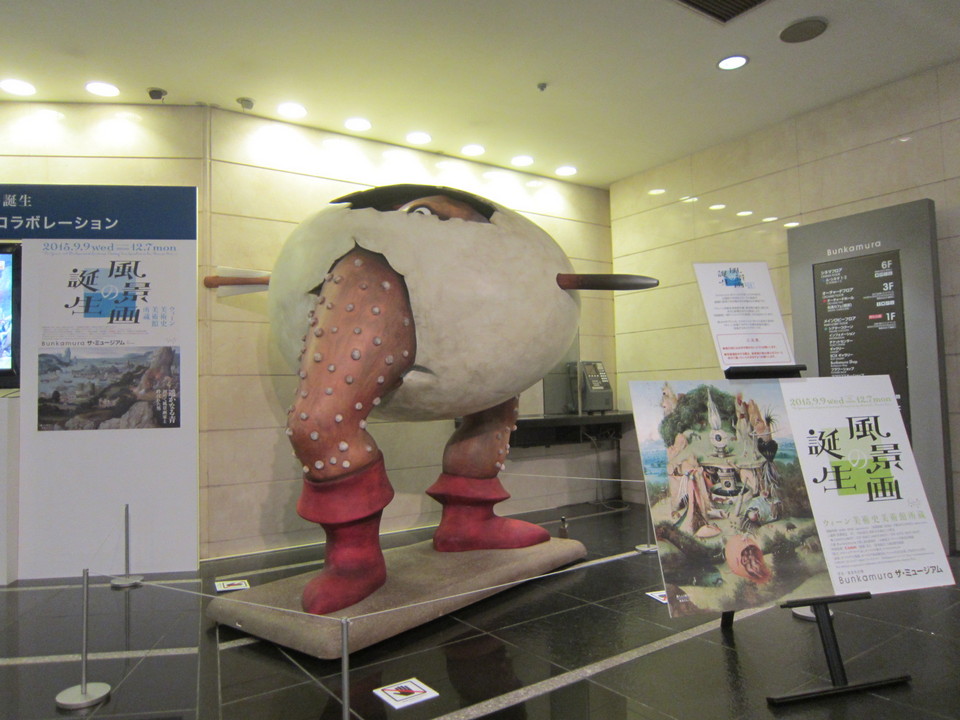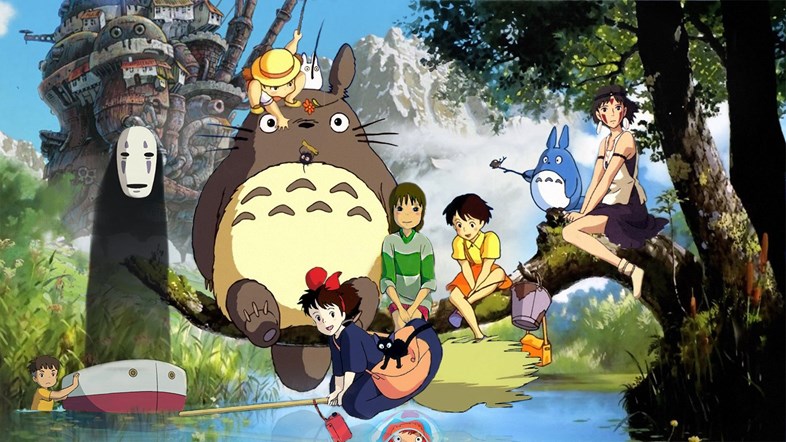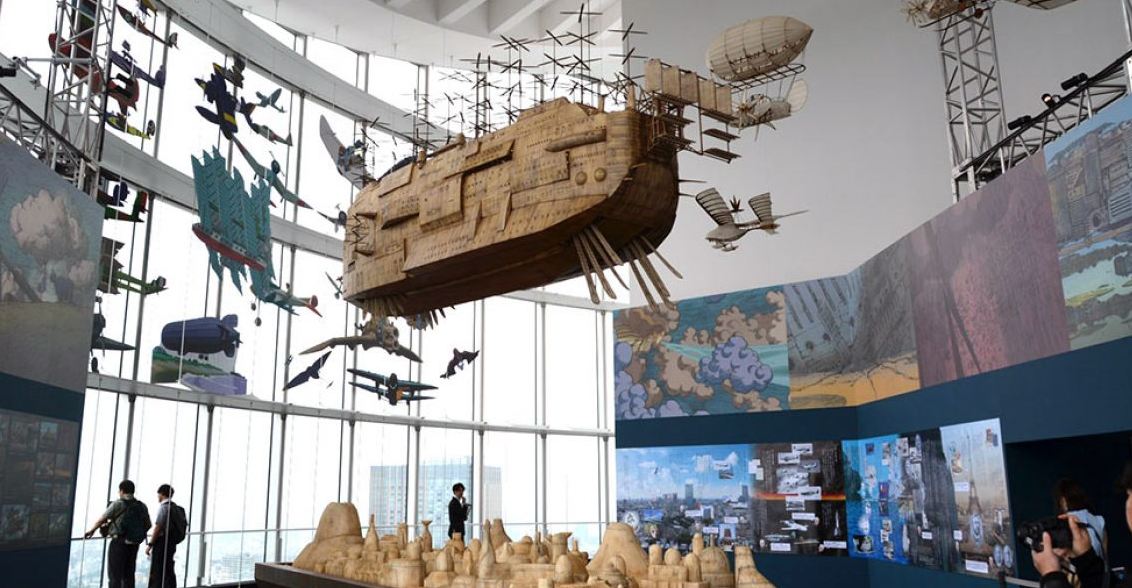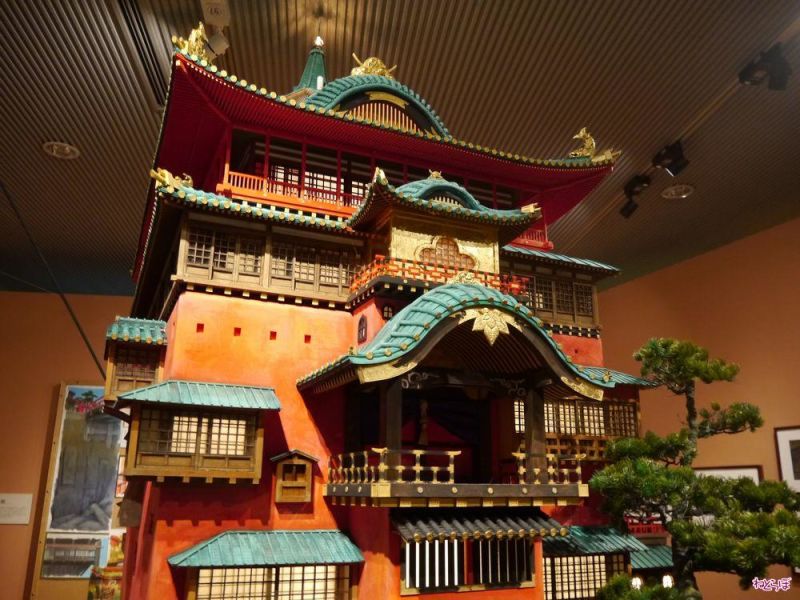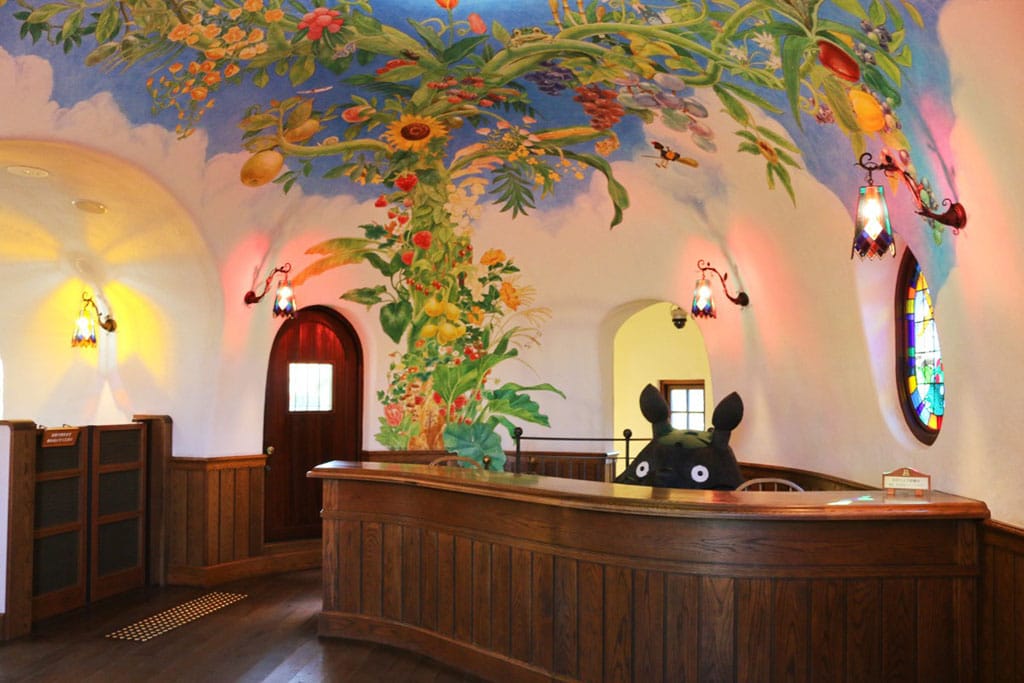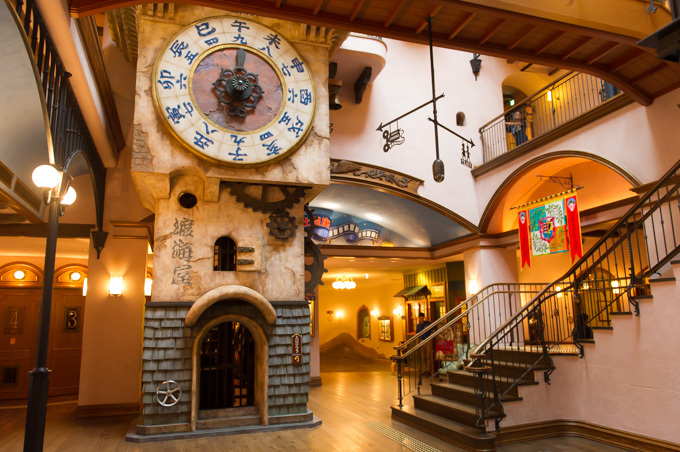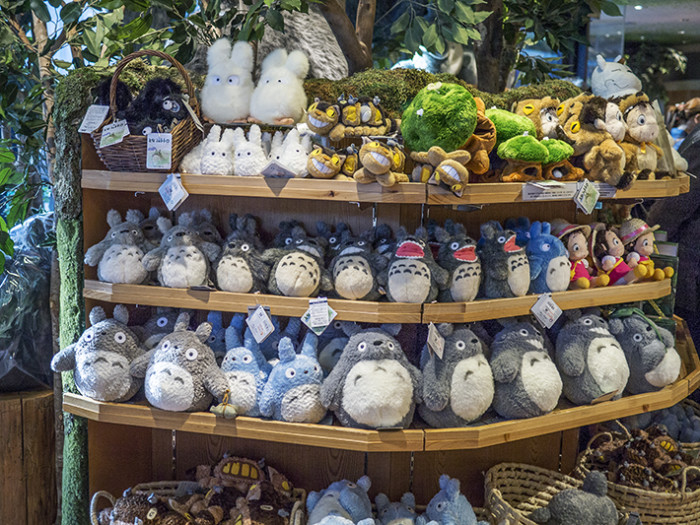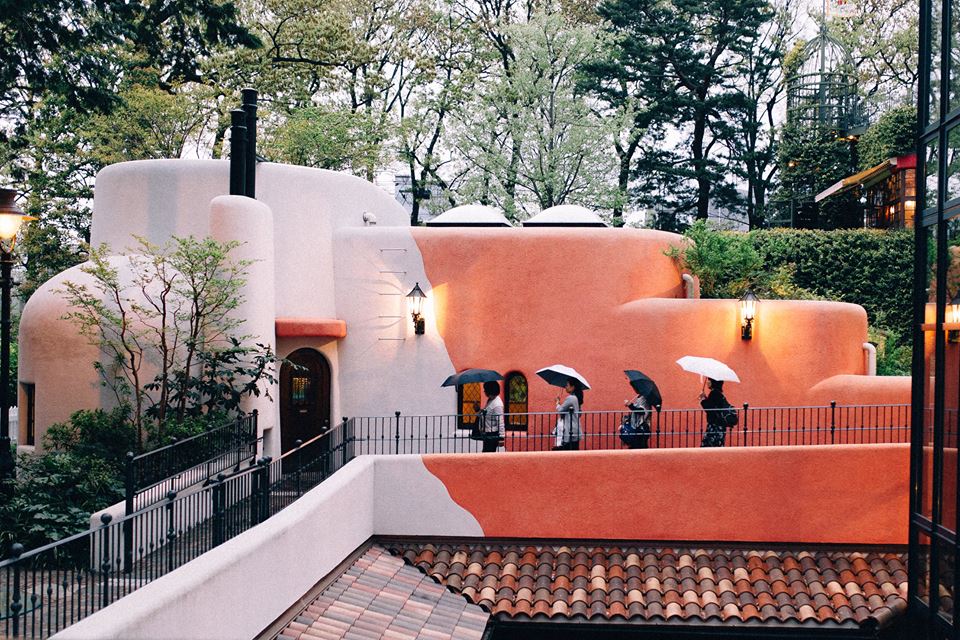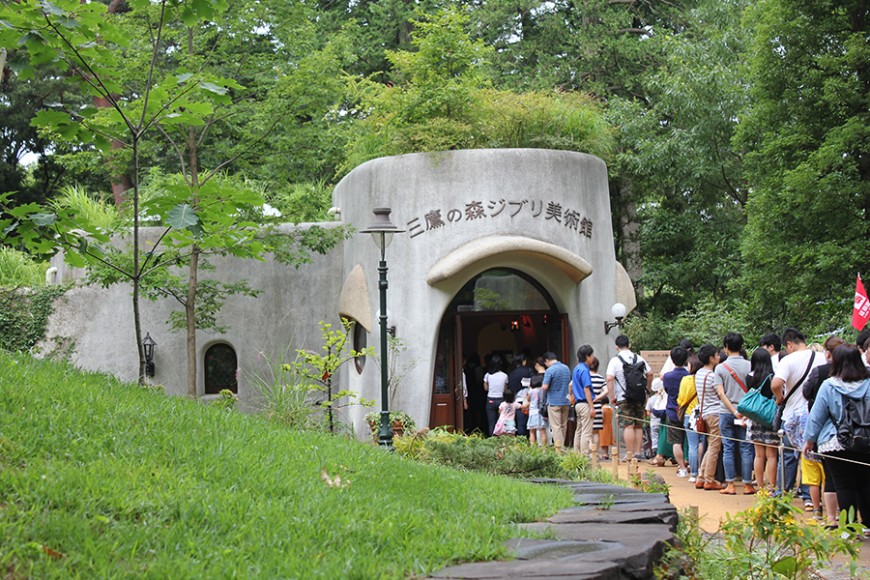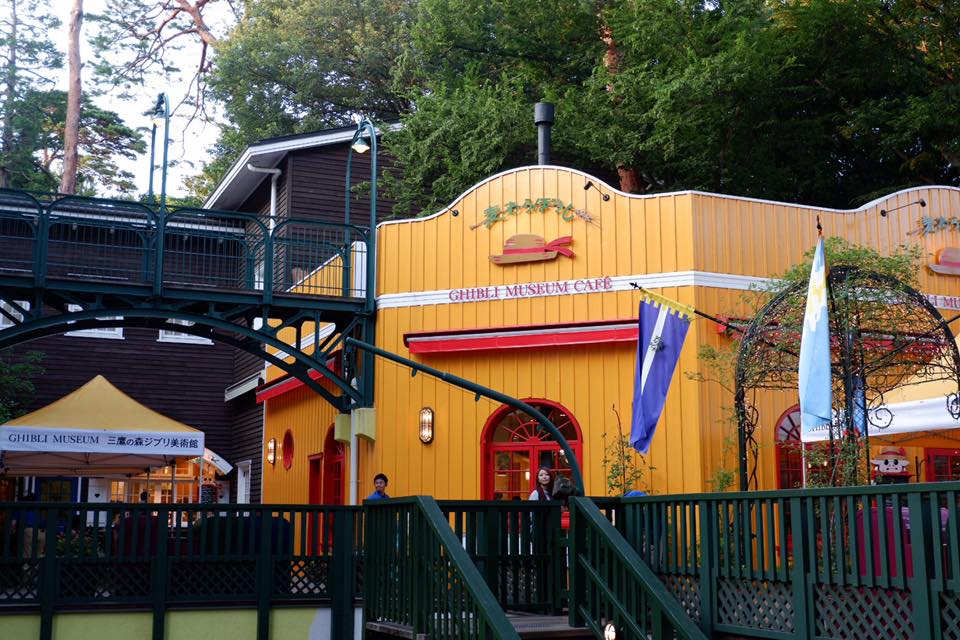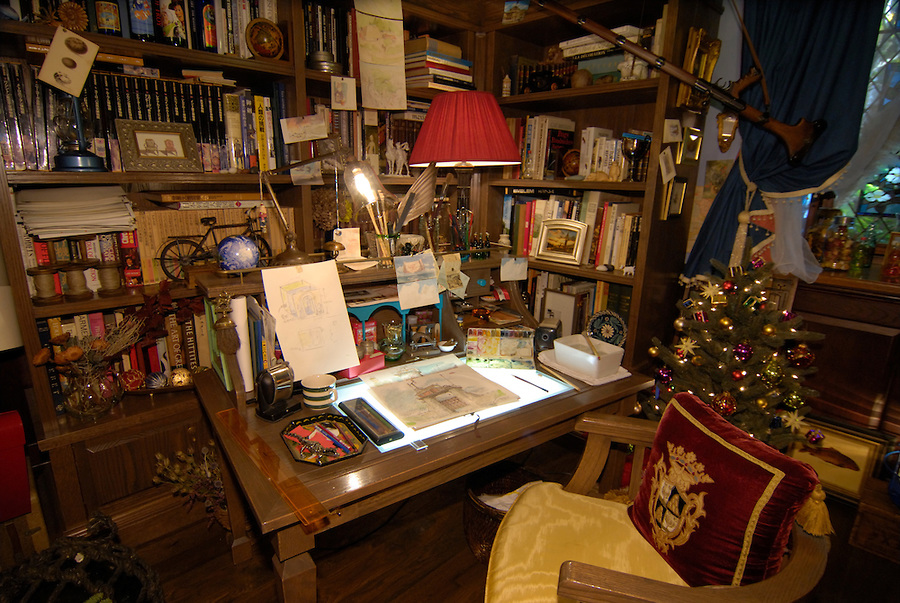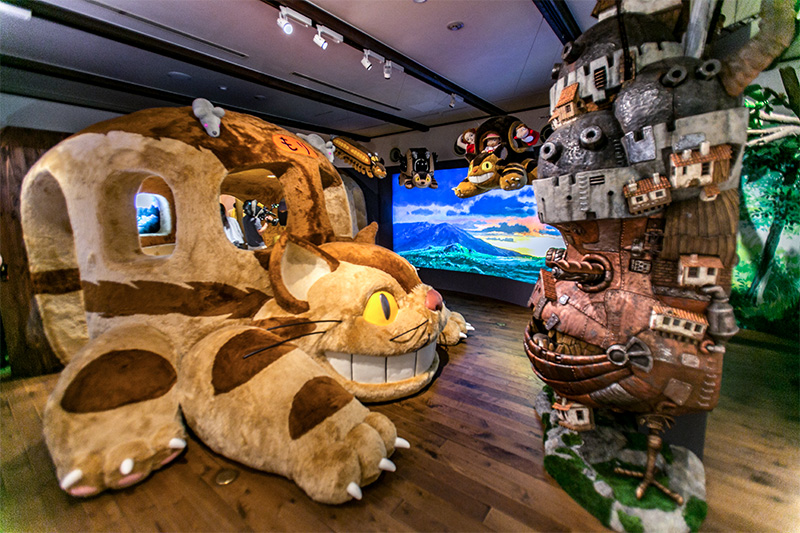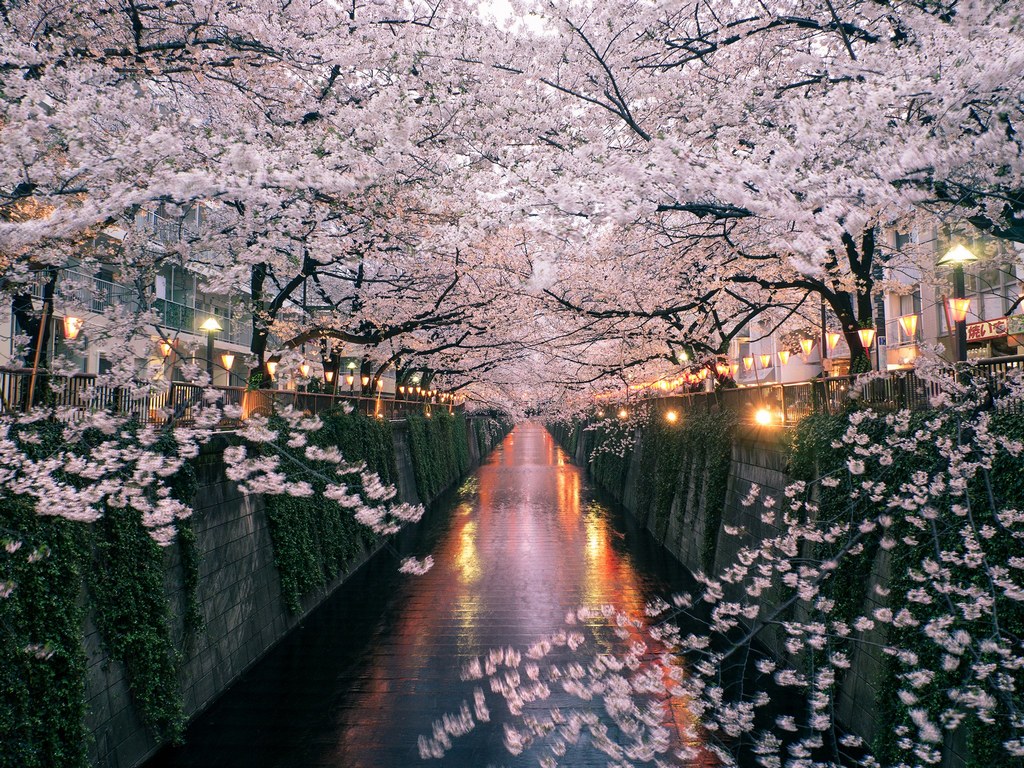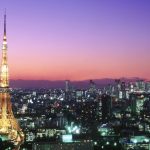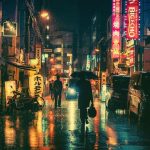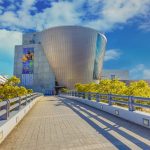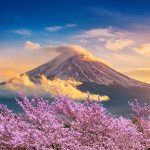Top museums in Tokyo — Top 10 best museums in Tokyo you must visit
Let’s go to these great museums in Tokyo, whether you’re a native or a visitor. Tokyo is well-known for housing some of the most remarkable pieces of art, cinema, science, history, and culture in the world. It means you’ll be able to visit both local and national museums located around the city. As a result, deciding on a place to visit might be difficult. To save you time, we’ve compiled a list of the top ten sites you should visit. There is no reason why you should not visit these locations if you are a local. To visitors, even if you are just in Tokyo for a few days or longer, please come and visit at least half of these sites. Are you looking for some of the greatest museums in Tokyo or some of the most intriguing museums in Tokyo? Let’s explore top museums in Tokyo with Focus Asia Travel‘ list of the top 10 museums in Tokyo, ranging from art to nature to history. Let’s get started!
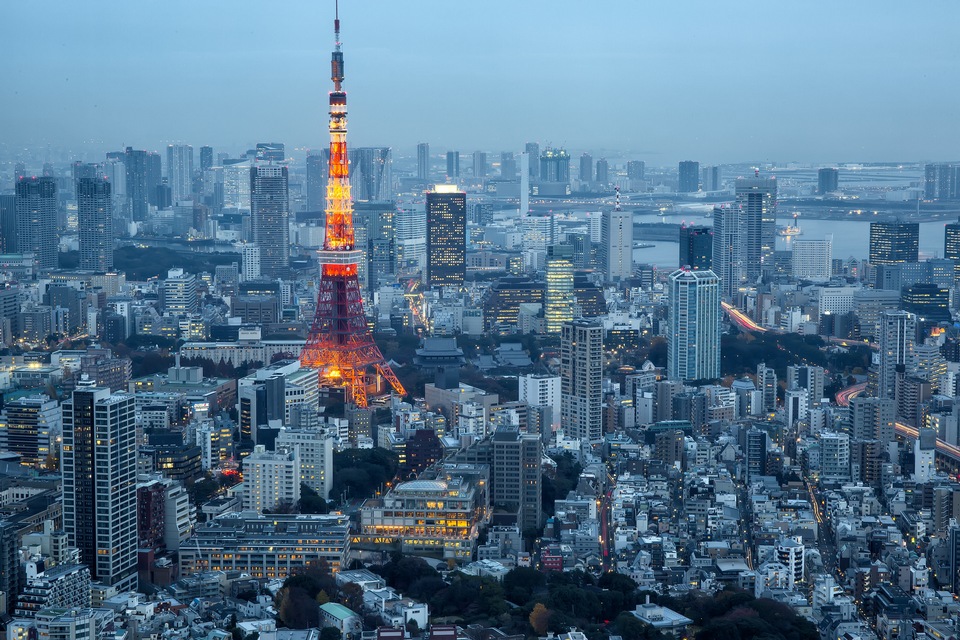
National Museum of Nature and Science
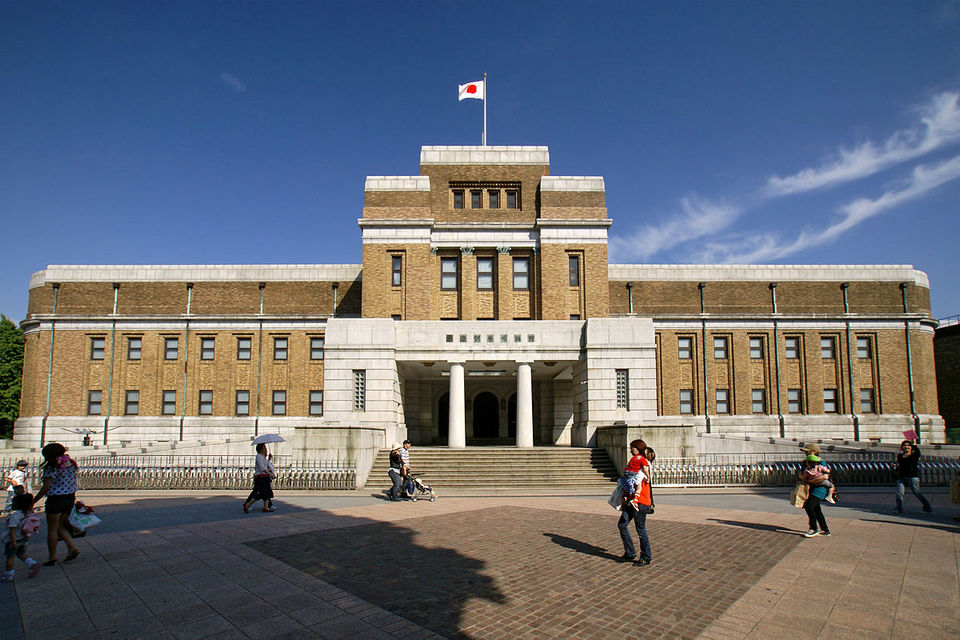
The National Museum of Nature and Science is located in the northeast corner of Ueno Park in Tokyo and is a popular destination for individuals interested in history, nature, and technology. The museum is enormous, with an amazing collection of fossil flora and fauna that is exhibited brilliantly. Technological developments are also documented, and a range of techniques, instruments, materials, and artifacts are employed to preserve and understand our surroundings. Why not take a stroll around Ueno Park and visit the museum to discover the wonders that await you? Keep an eye out for the huge and beautiful blue whale statue right next to the entryway.
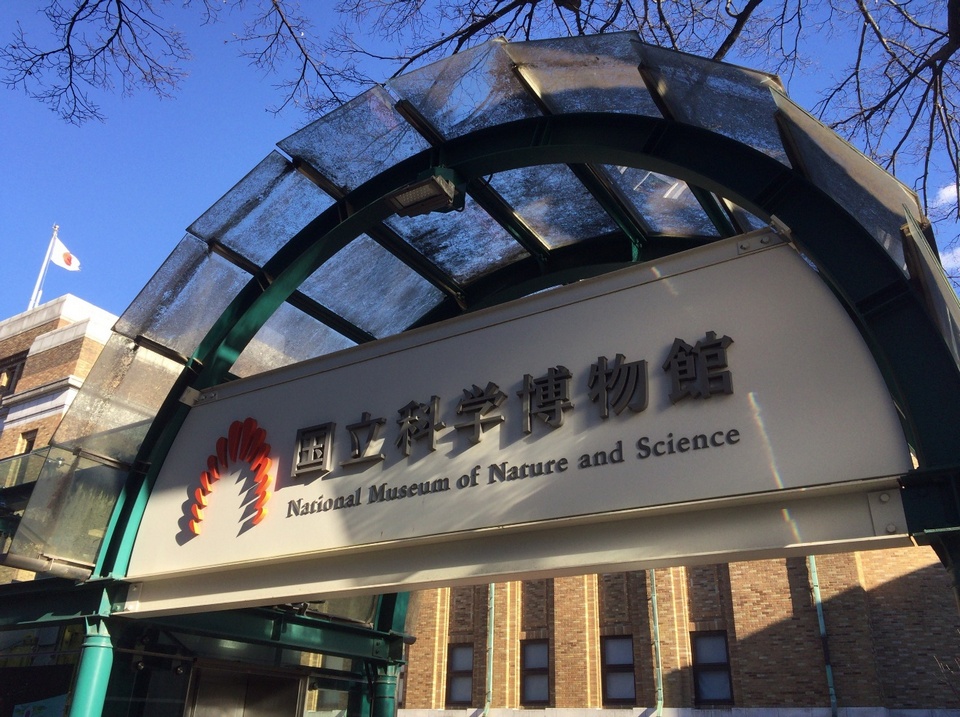

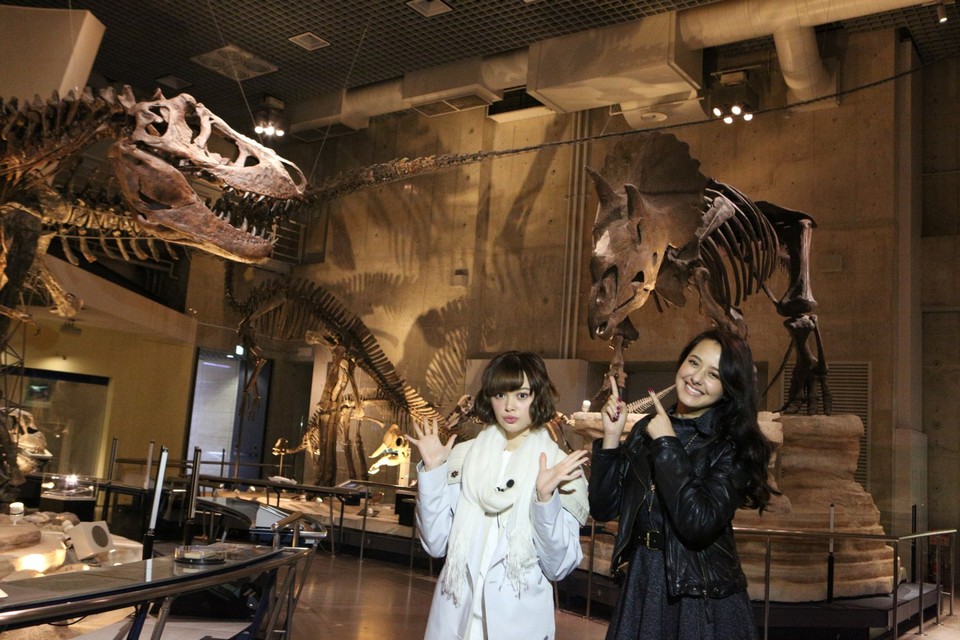
Open: 9:00 AM – 5:00 PM
Sunday and Monday: 9:00 AM – 8:00 PM
From Saturday to Friday
Location: 7-20 Ueno Park, Taito-Ku
Admission: ¥ 620 (for adults), free for high school students and less older.
Tokyo National Museum
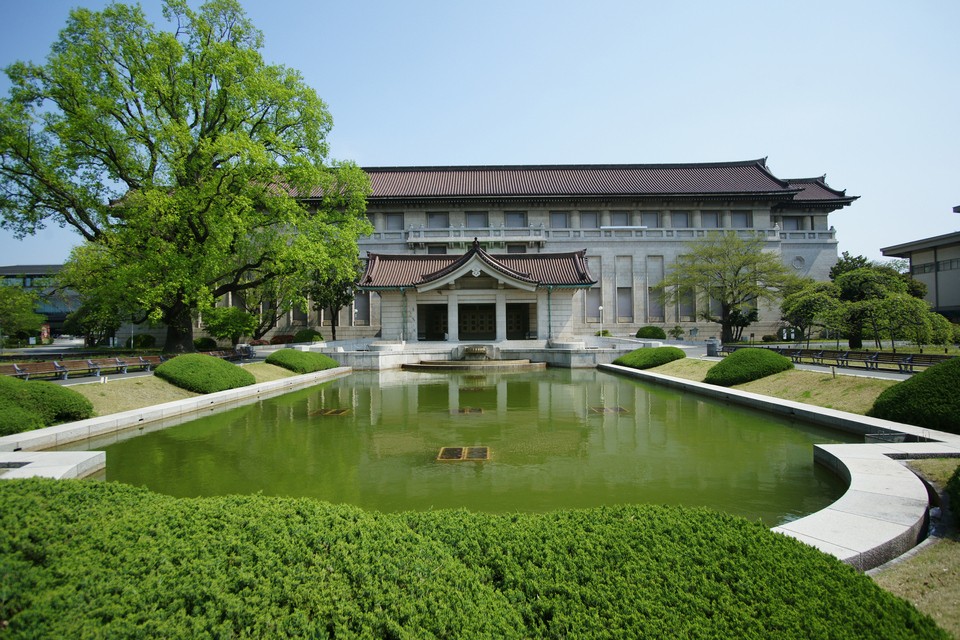
The Tokyo National Museum, located in Ueno Park, is the oldest and most well-known of Japan’s top-tier national museums. The museum, which has been open since 1872, displays a wide range of Japanese artwork, as well as antiquities and relics from Japan and other East Asian nations. The museum primarily exhibits artworks, archeological relics, and historical documents, and it has over 110,000 pieces (89 of them are national treasures). The Tokyo National Museum is suitable for individuals interested in Japanese or East Asian culture and history.
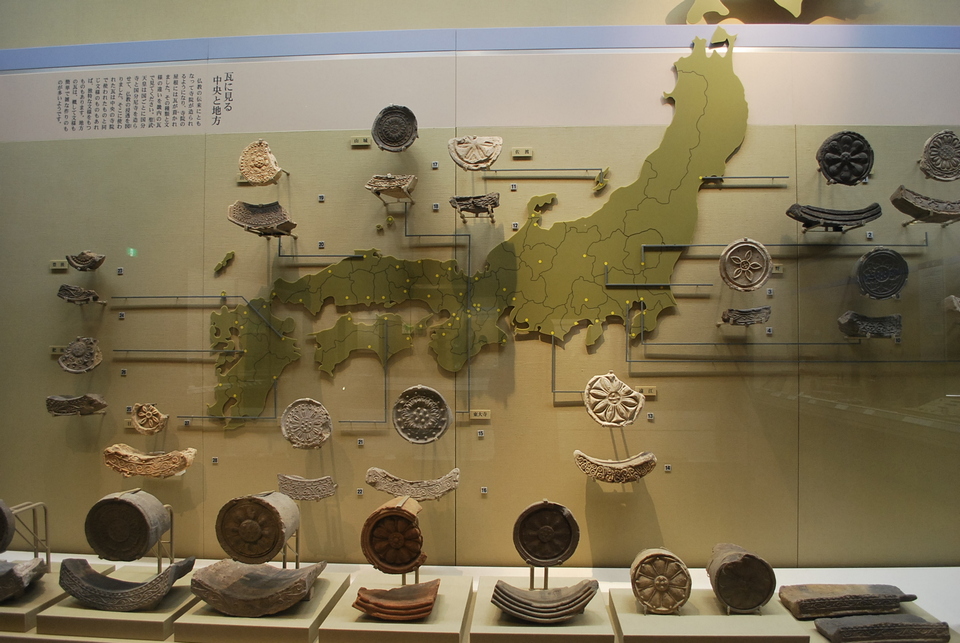
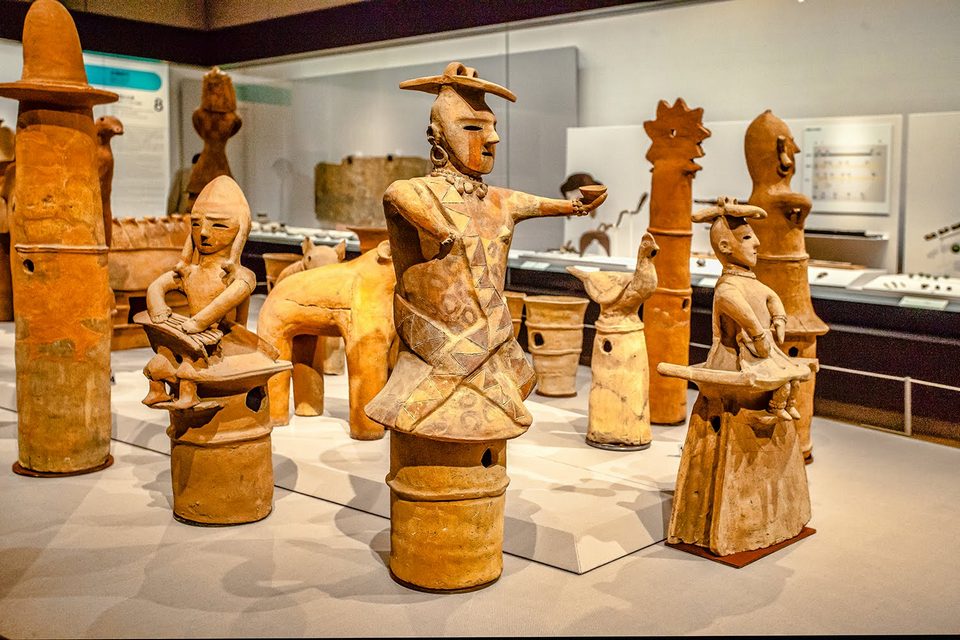
Open: 9:30 AM – 5:00 PM from Tuesday to Sunday (except Monday)
Location: 13-9 Ueno Park, Taito-Ku
Admission: ¥620 (for adults); ¥410 (for students); free for primary students, secondary students, high school students, people who are under 18 and over 70 years old.
Suntory Museum of Art
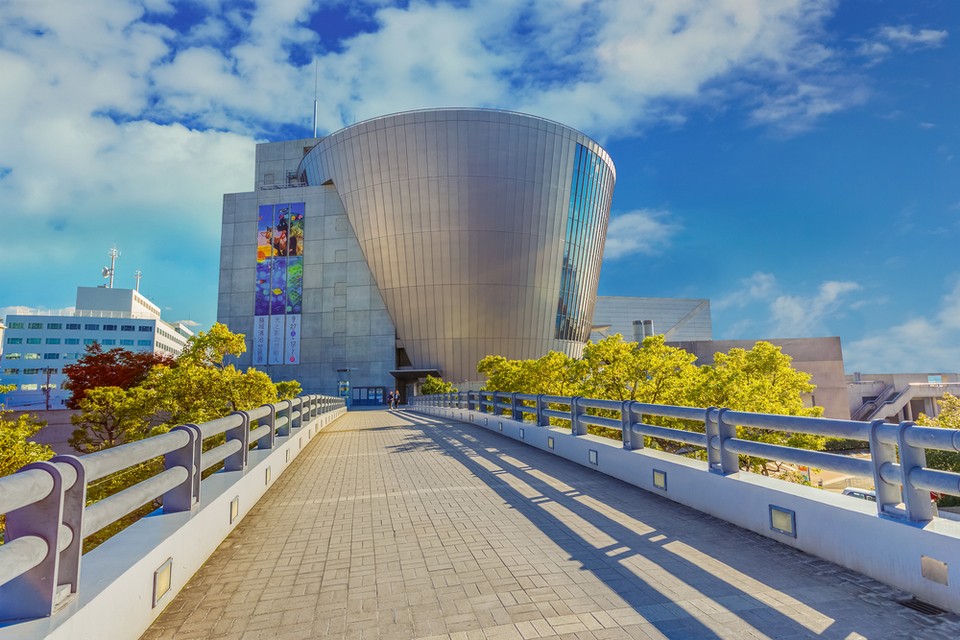
The Suntory Museum of Art, located on the third floor of Tokyo Midtown, has been in operation since 1961 with the core concept of “Lifestyle Art.” There are now approximately 3000 items in the collection. Each article is associated with a certain subject connected to Japanese living. Although there are no regular displays, there are a variety of paintings, lacquer paintings, ceramics, glassware, and other items – as well as special exhibitions held over the years. On Thursdays, the museum also provides traditional tea ceremonies in the Genchoan Tea Room.
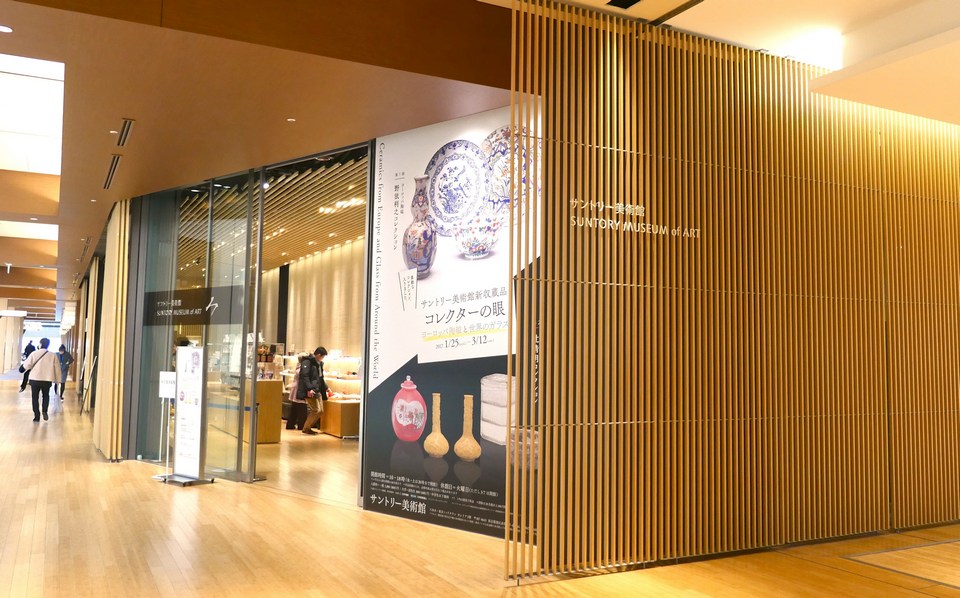
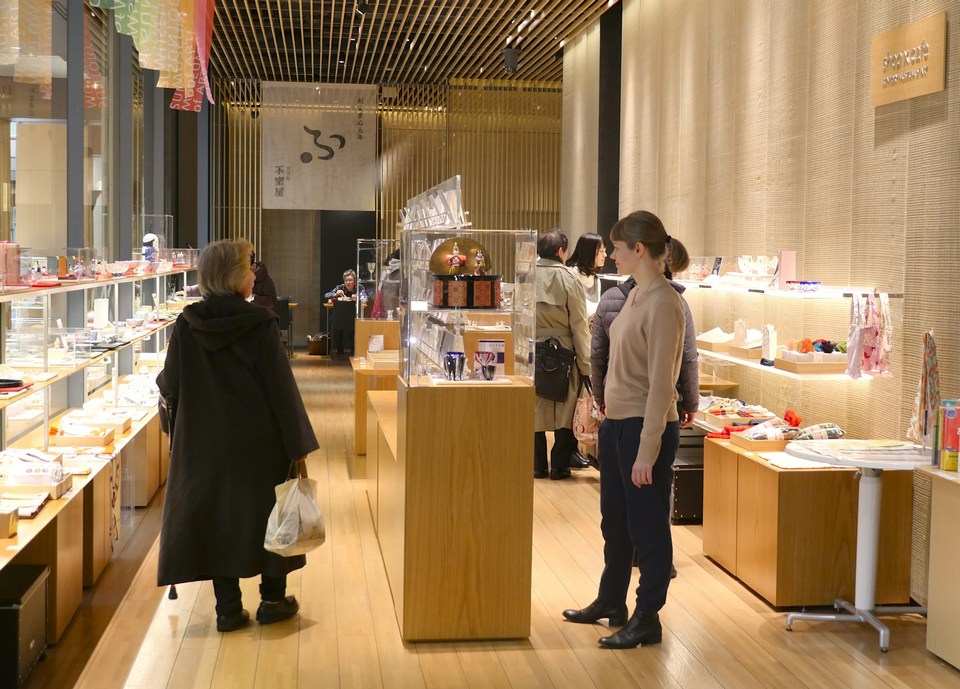
Open 10:00 AM – 6:00 PM from Sunday to Thursday; 10:00 AM – 8:00 PM on Friday and Saturday.
Location: 9-7-4, Akasaka, Minato-ku
Admission: variable depending on each exhibit, free for high school students and younger.
Folk Craft Museum
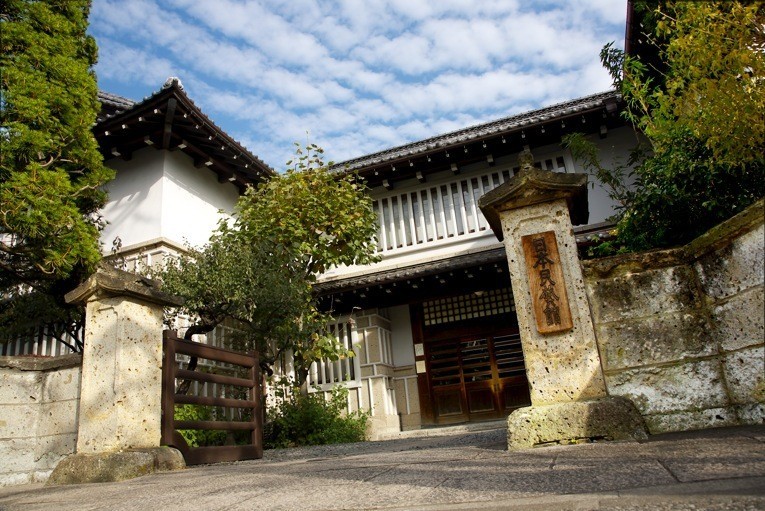
The Folk Craft Museum, founded in 1936 by Soetsu Yanagi, is well-known for showcasing mingei (the folk artworks). The museum’s collection comprises around 17.000 objects, including textiles, wood furniture, paintings, and other handcrafted things. Artworks from Okinawa, the Korean Peninsula, China, and Taiwan are also on display.
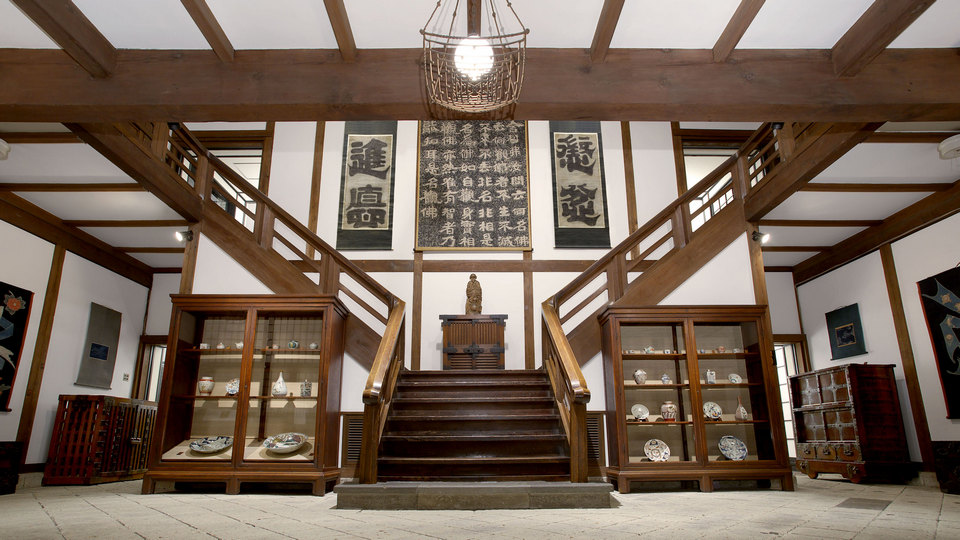
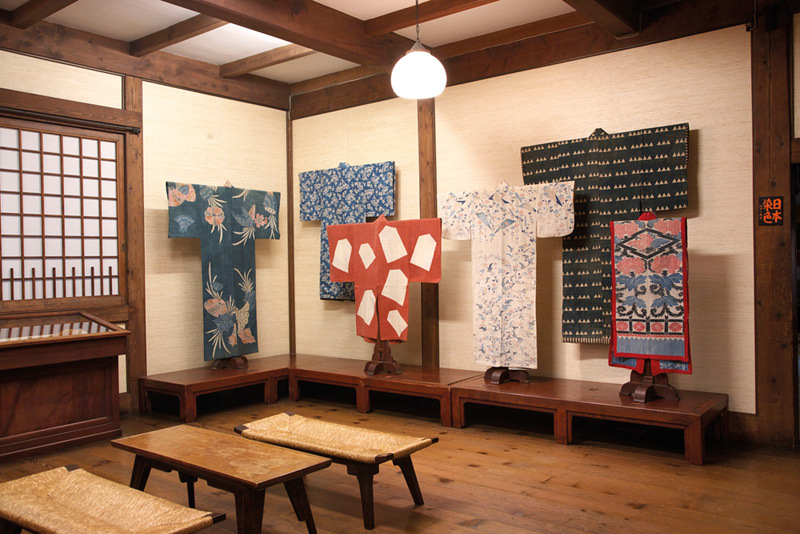
Open: 10:00 AM – 5:00 PM
Location: 44-3-33, Komaba, Meguro-Ku
Admission: ¥1,100 (for adults), ¥600 (for students from secondary schools and universities), ¥200 (for students from primary schools and secondary schools).
Taro Okamoto Memorial Museum
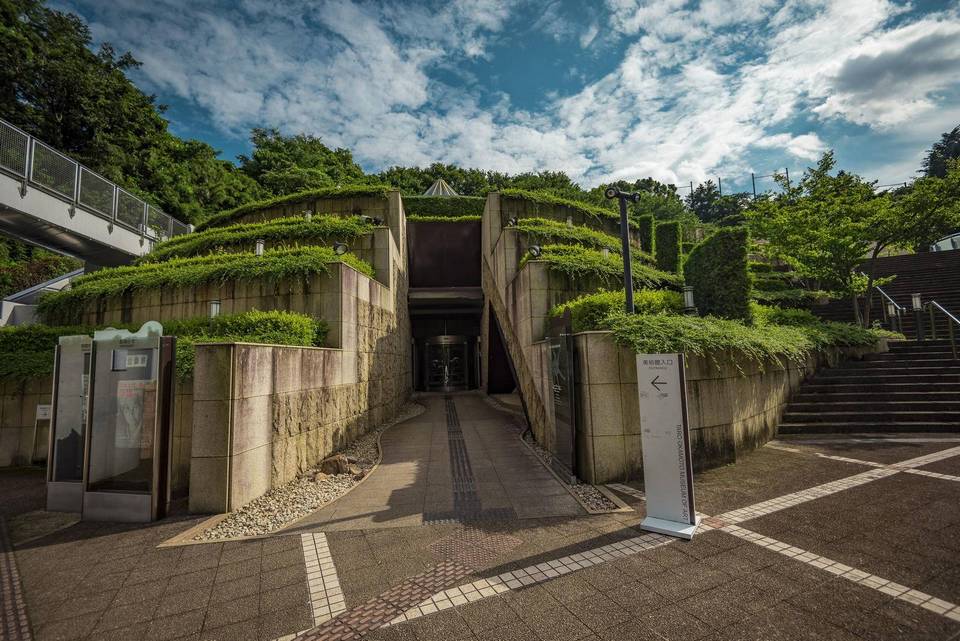
Taro Okamoto Memorial Museum celebrates the work of Taro Okamoto, a pioneering painter and sculptor. Following Okamoto’s death in 1996, his home and studio were converted into a museum in order to showcase works of art and share his creations with the public. Visitors can see where Taro Okamoto lives and works. The museum houses a variety of Okamoto’s works, such as sculptures and paintings, as well as a shop on the ground floor where visitors may purchase a variety of books and goods inspired by his works.
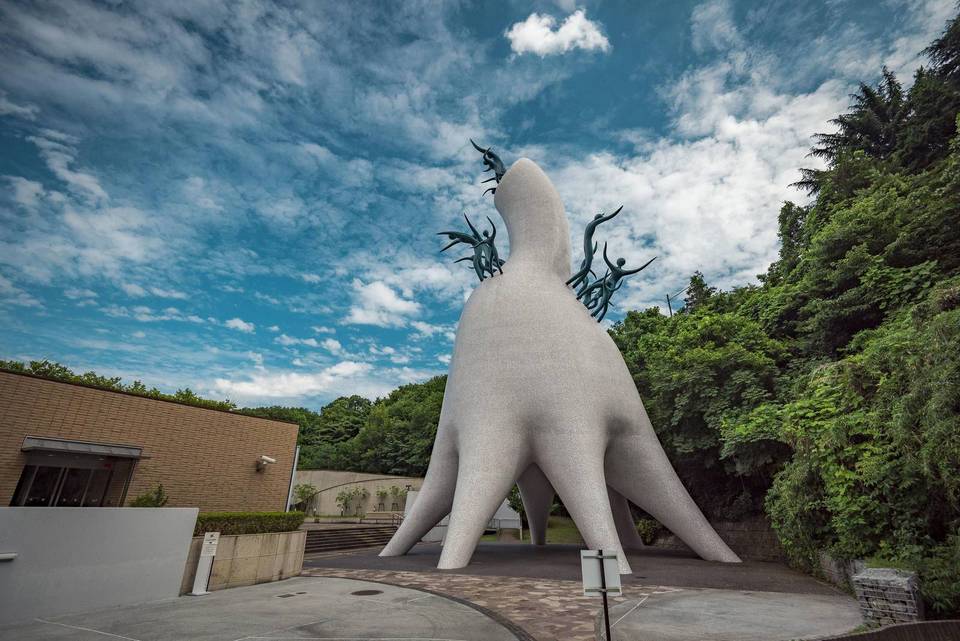
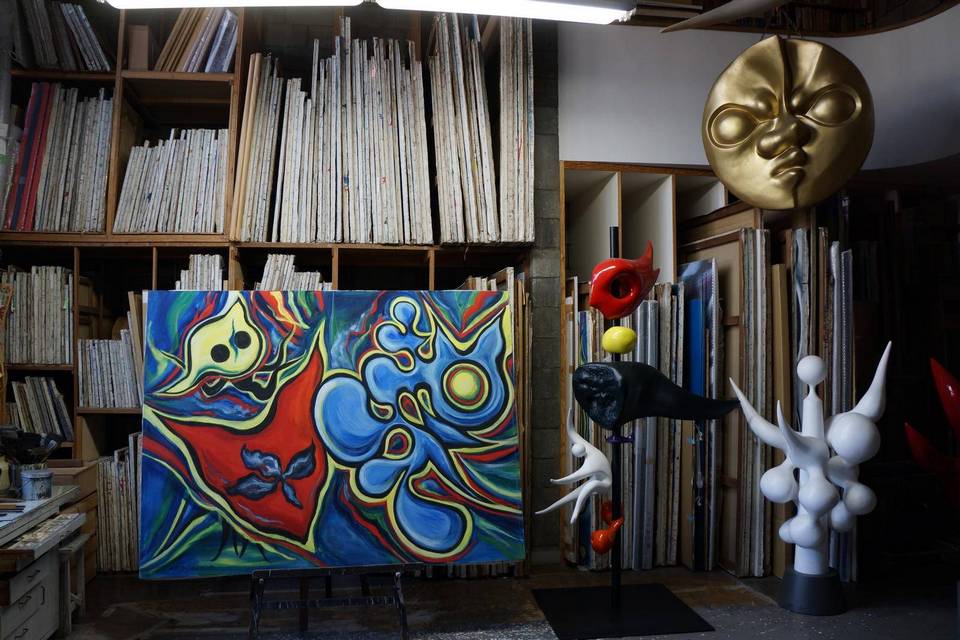

Open: 10:00 AM – 6:00 PM
Location: 6-1-19, Minami-Aoyama, Minato-ku
Admission: ¥620 (general price), ¥310 (for primary students)
Bunkamura Museum of Art
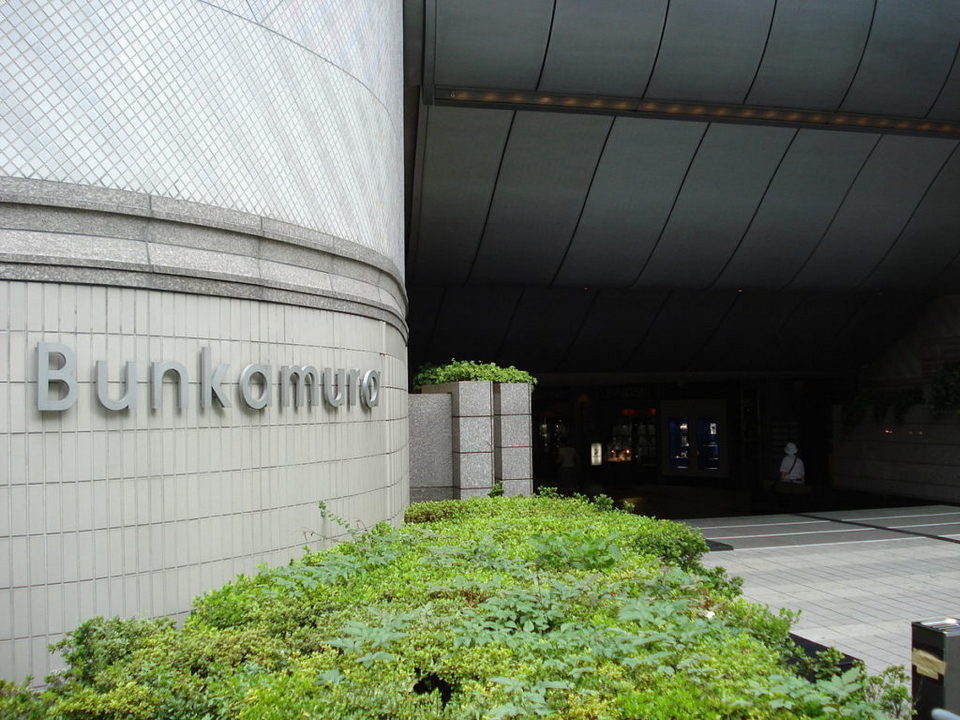
Taking about 12 minutes to walk from Shibuya Station, Bunkamura is a complex of museums, theaters, concert halls and cinemas. Visitors can enjoy a range of cultural and artistic experiences at the same venue. Opened in 1989, Bunkamura exists as a cultural complex that praises art, performance, music, and film. The museum attracts about 2.8 million visitors each year and is the perfect destination for art lovers and filmmakers.
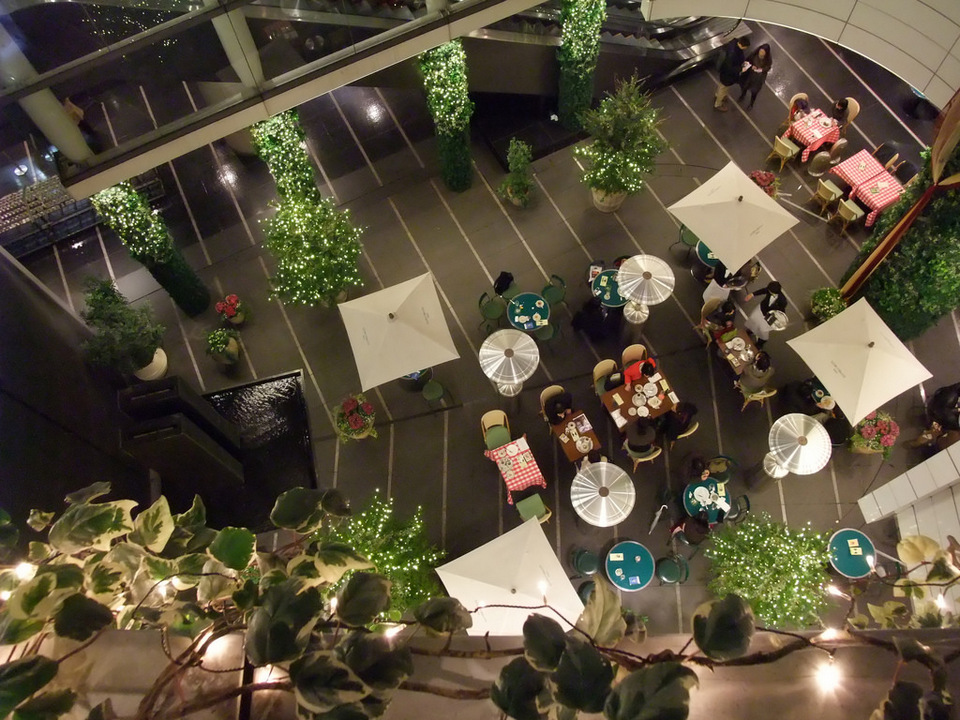
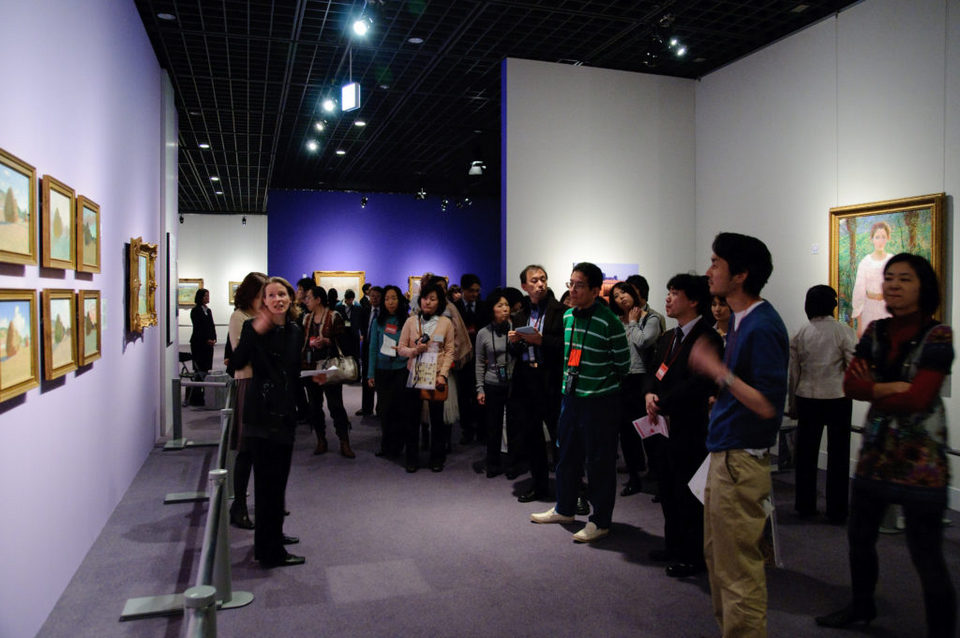
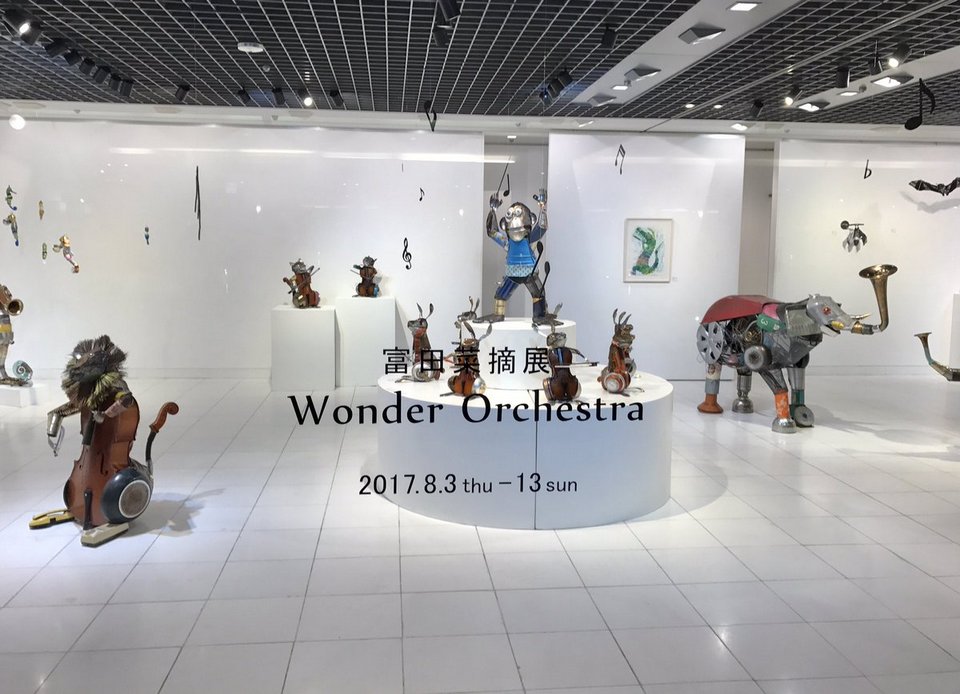
Open: from 10:00 AM (Closing time is up to each the facility of the museum.
Location: 2-24-1 Dogenzaka, Shibuya-ku
Admission: Various and depending on each exhibition.
The National Museum of Emerging Science and Innovation (Miraikan)
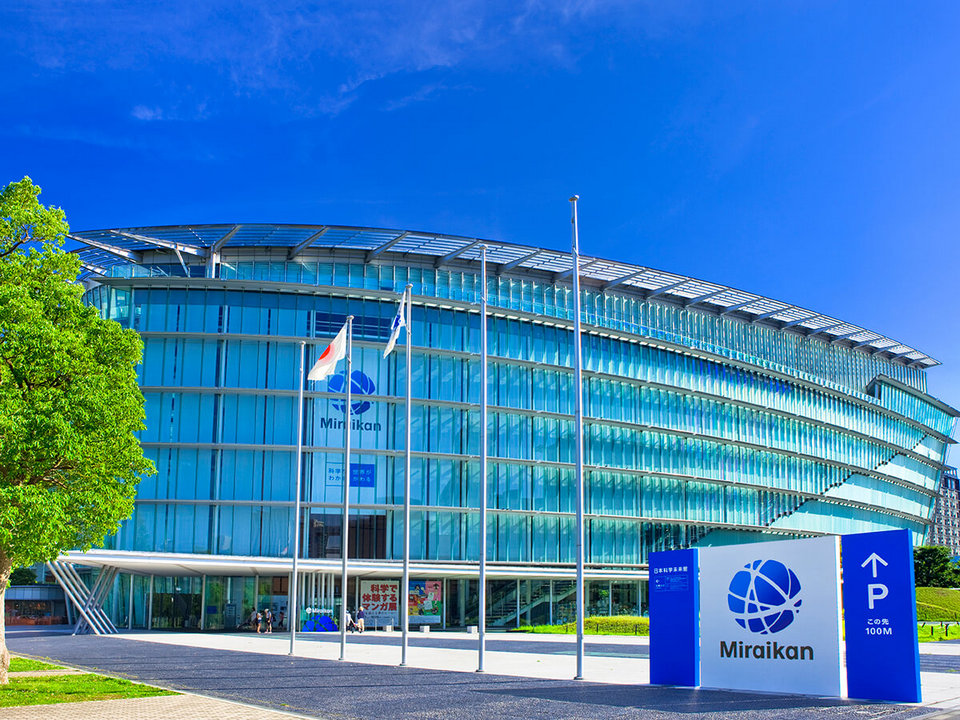
The National Museum of Emerging Science and Innovation, commonly known as Miraikan, is located in Odaiba and is only a 15-minute walk from Daiba Station on the Tokyo Metro. This is the area to recognize cutting-edge technology, innovation, and science. Miraikan, which opened in 2001, was founded with the objective of expanding the understanding of science and technology and supporting Japan’s goal of becoming a more creative nation in terms of science and technology. Those interested in new science and technology should pay the museum a visit.
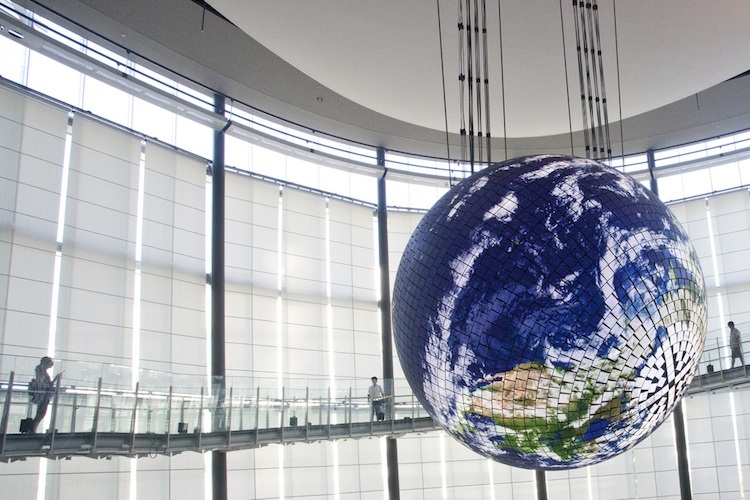
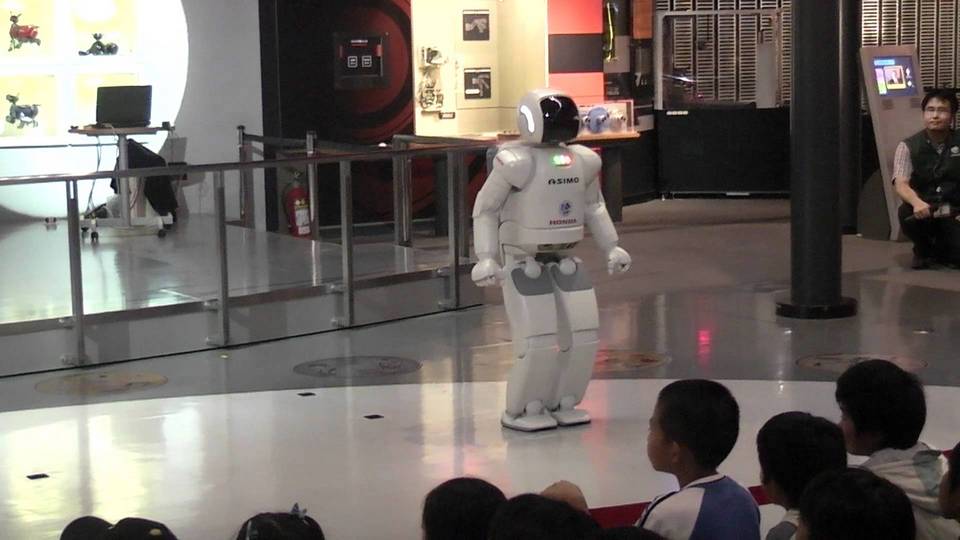
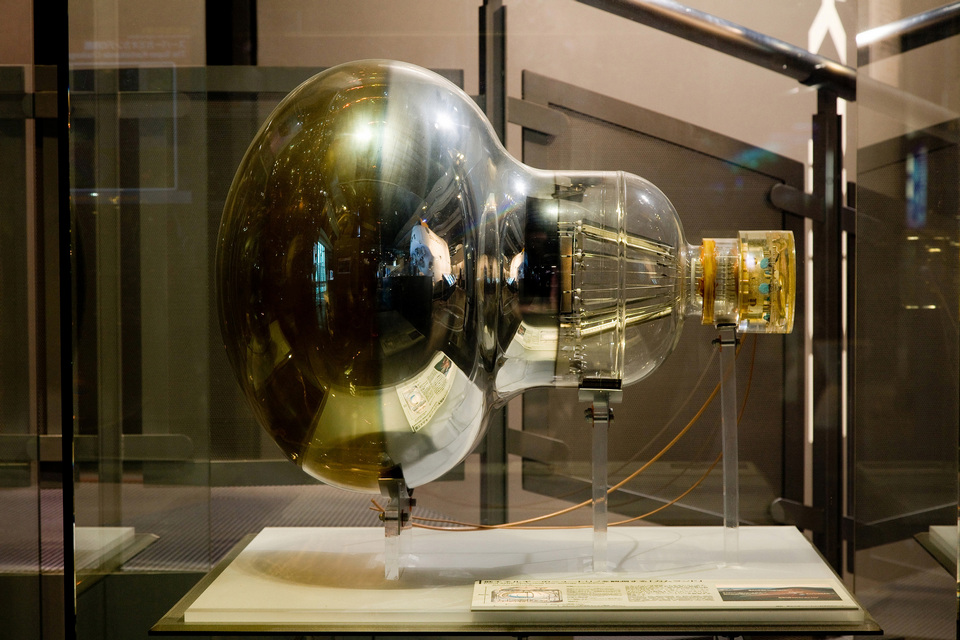
Open: 10:00 AM – 5:00 PM
Location: 2-3-6 Aomi, Koto-Ku
Admission: ¥620 (for adults), ¥210 (under 18 years old).
Amuse Museum
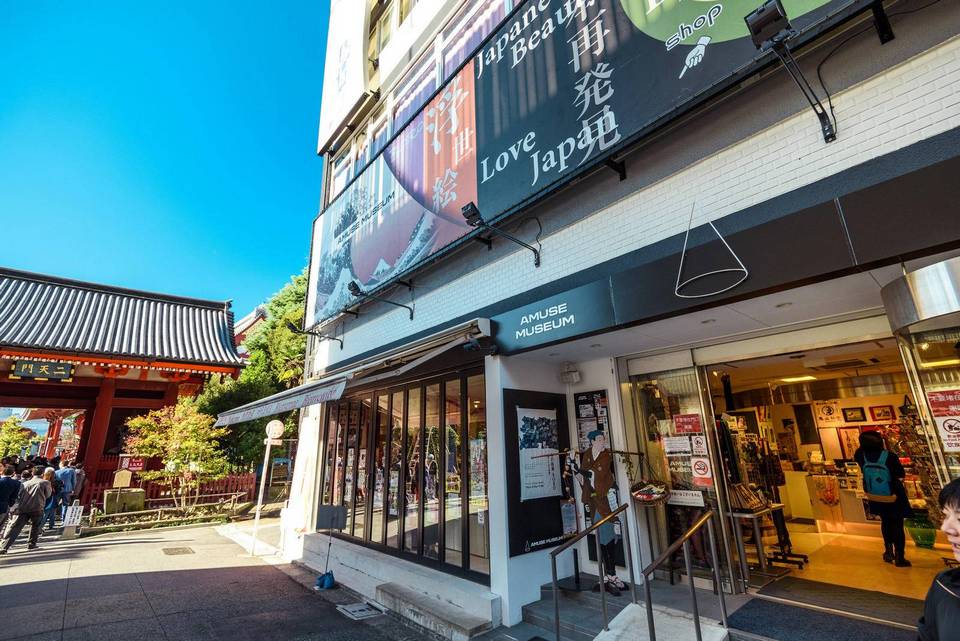
The Amuse Museum is around 500 meters from Asakusa Station. The Amuse Museum is a well-known art and cultural institution that promotes the beauties of “harmony, beauty, and technology.” Amuse bills itself as a “living” museum focusing on traditional Japanese fabrics, graphics, and patterns. The museum’s regular exhibition, “BORO,” includes a collection of textiles, clothes, and costumes dating back to the Edo period. These basic bits of fabric are passed down from generation to generation, and each item of clothing is stitched together to form a beauty known as Yuyo no bi (the beauty of the practice).
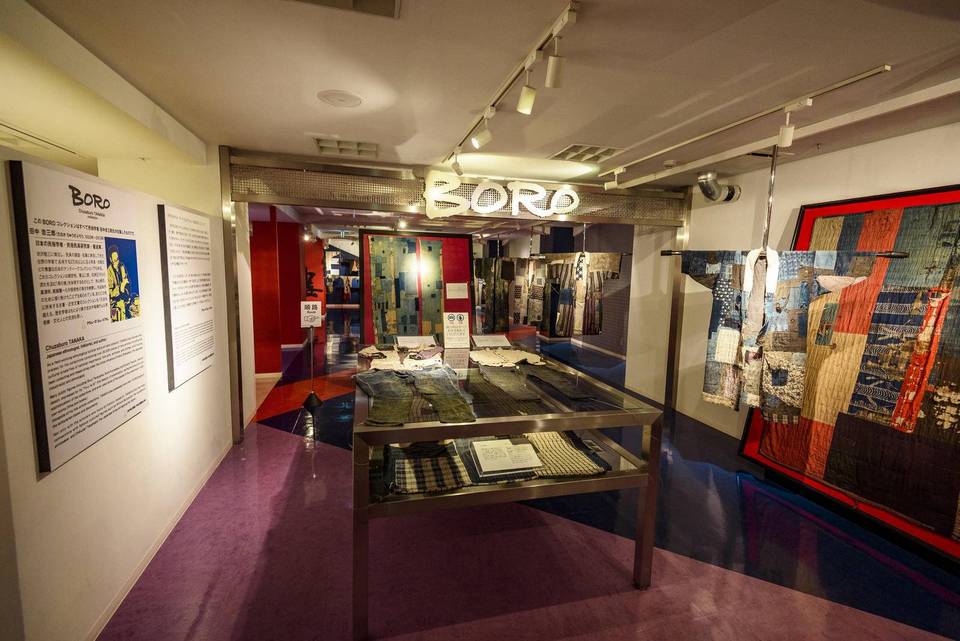
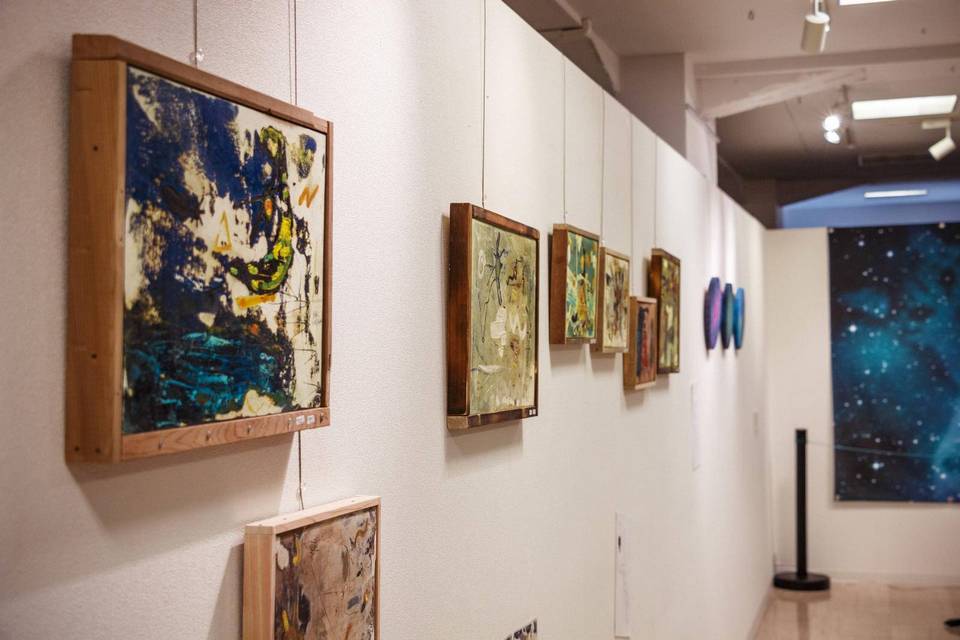
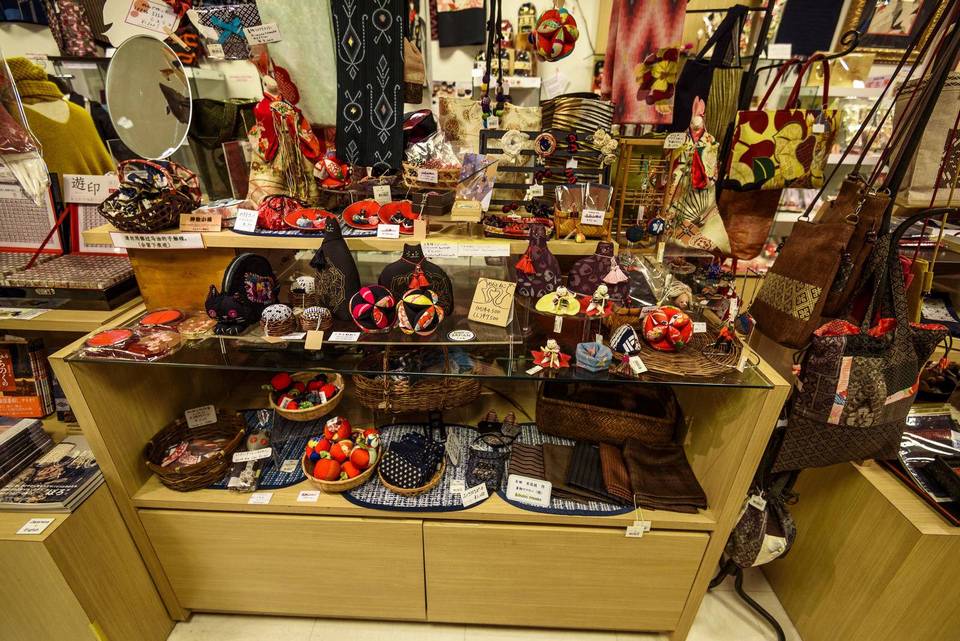
Open: 10:00 AM – 6:00 PM (not open on Monday)
Location: 2-34-3, Asakusa, Taito-Ku
Admission: ¥1,080 (for adults), ¥864 (for students from high schools and universities), ¥540 (for students from secondary schools and primary schools).
Ghibli Museum
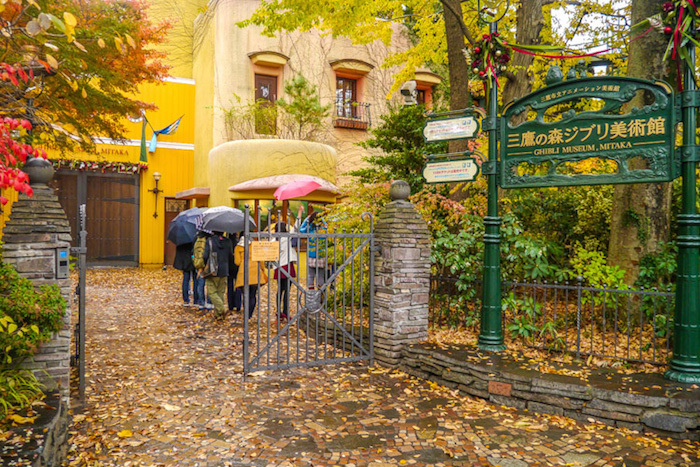
Whether you like animation, art, or movies, you should go to the museum at least once. The museum, which is about a 15-minute walk from Mitaka Station, is a magnificent location that celebrates the history and works of Ghibli Studio, a business that produces some of the world’s most famous animated films such as Totoro, Spirited Away, Princess Mononoke,… Let’s spend a few hours researching the incredibly beautiful collection of original paintings and concepts, watching exclusive short animation films at the museum’s lovely movie theater, and exploring the rooftop garden where you can find the Robot Solider character from the movie Laputa Castle in the Sky, who stands 5 meters tall. However, let’s keep in mind that the museum is very famous so you must book admission tickets in advance.
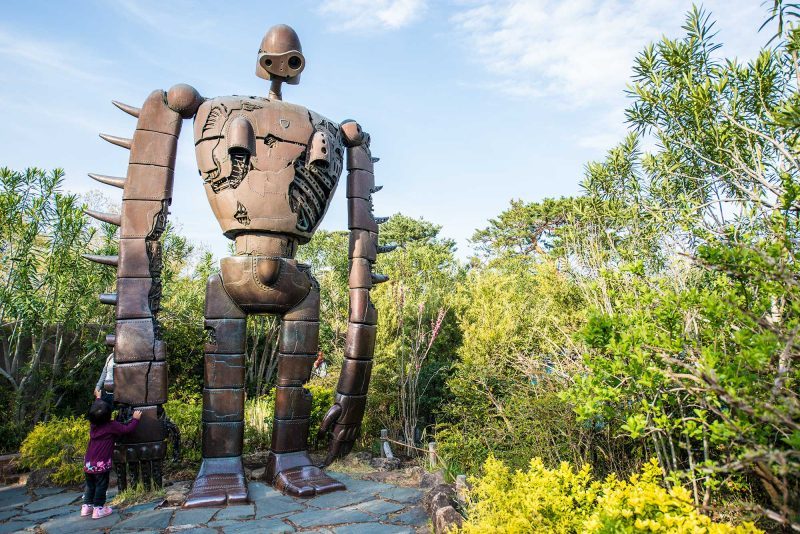
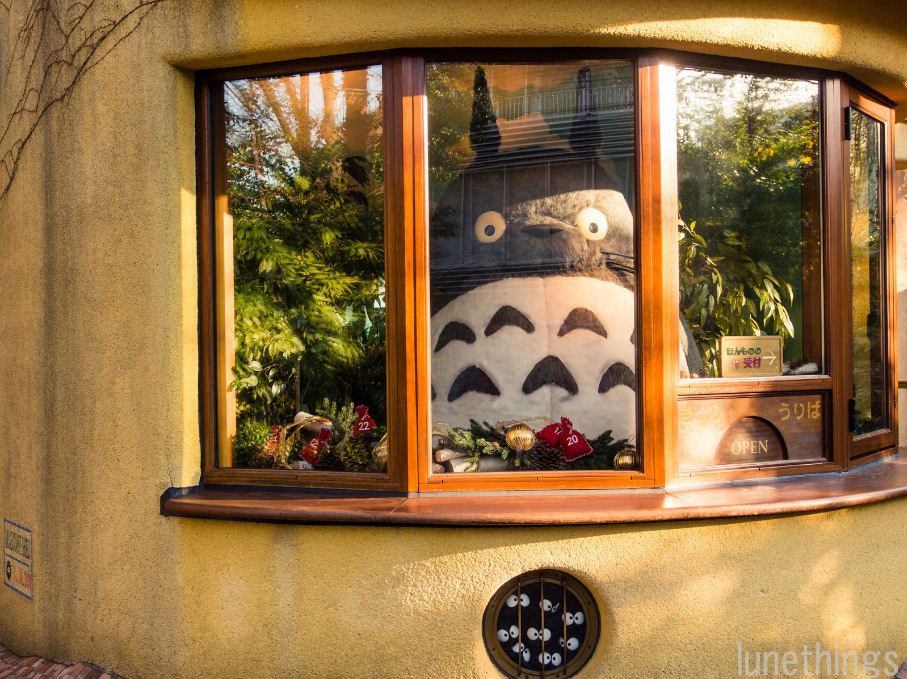
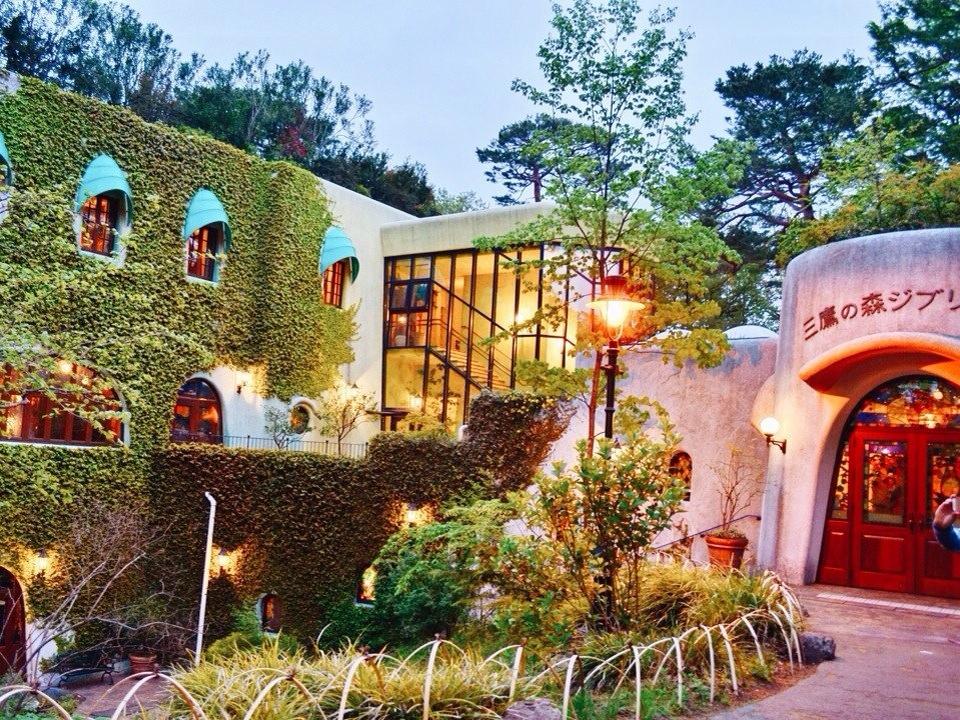
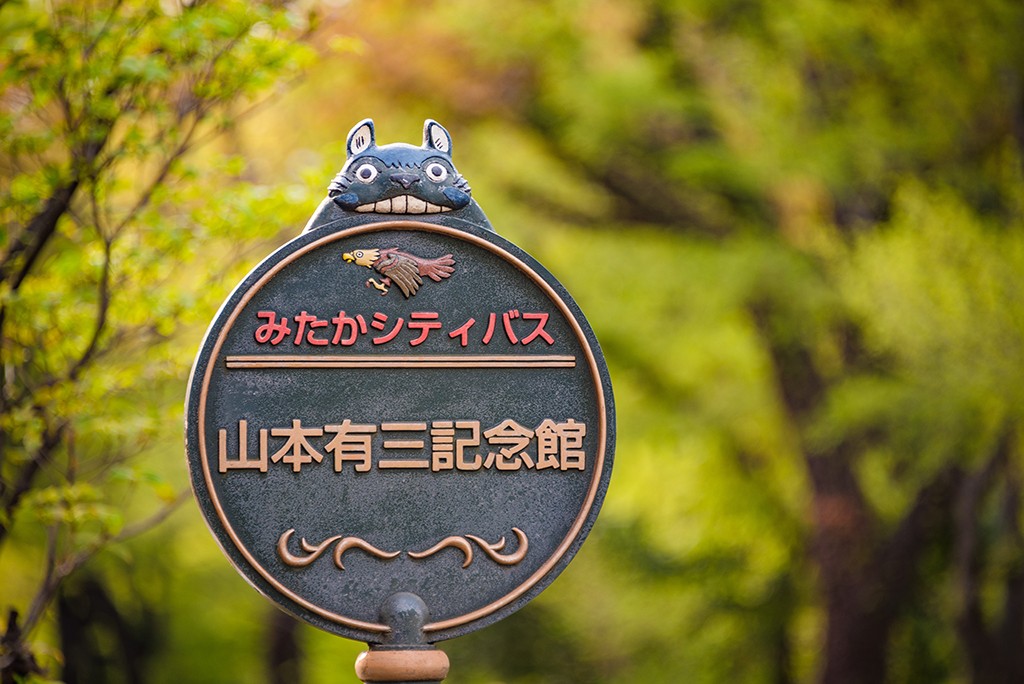
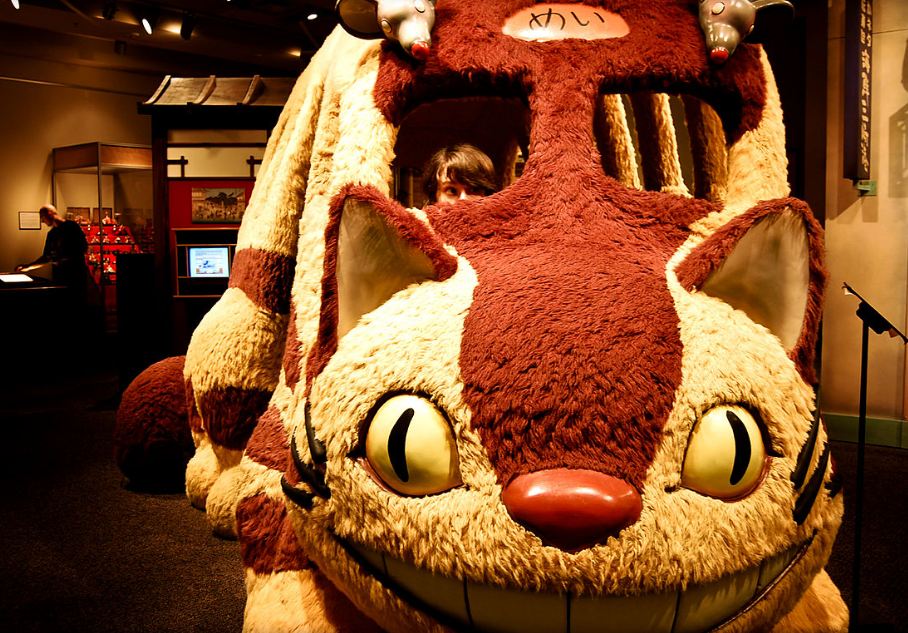
Open: 10:00 AM – 6:00 PM (close almost on Tuesday)
Location: 1-1-83 Simorenjaku, Mitaka-shi
Admission: ¥1,000 (for adults), ¥700 (for those who are from 13 to 18), ¥400 ( for those who are from 7 to 12), ¥100 (for those who are from 4 to 6). Tickets must be booked in advance.
Edo-Tokyo Open Air Architectural Museum
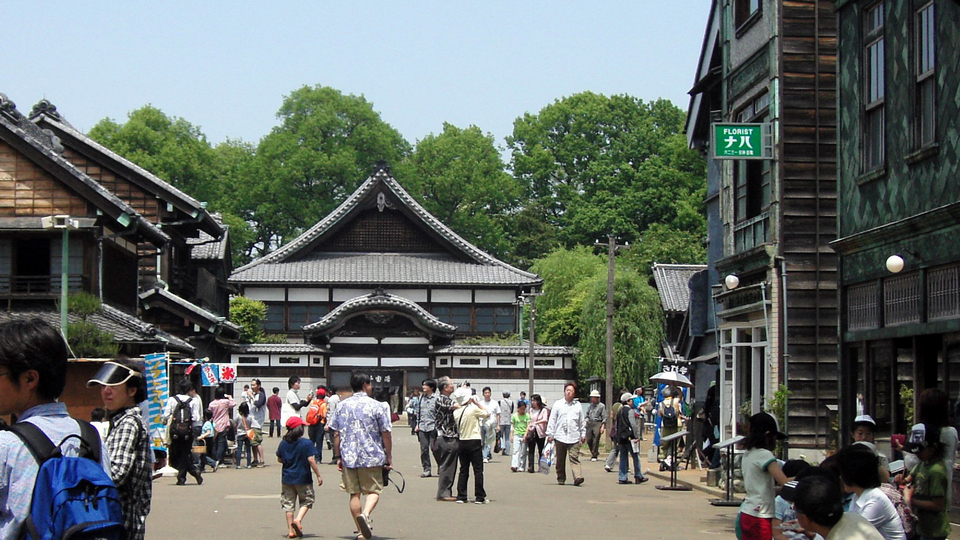
The museum was founded in 1993 with the goal of restoring, conserving, and showcasing ancient structures for future generations. These structures are listed chronologically, beginning with the Edo era and ending with World War II. You can get a sense of the mood by visiting each house, building, and interior. From the Meiji-style Police Department to the Showa-style studio, this museum takes you on a trip through time. This museum has hosted a number of cultural events throughout the years, including yearly summer festivals in August and new year celebrations in January.
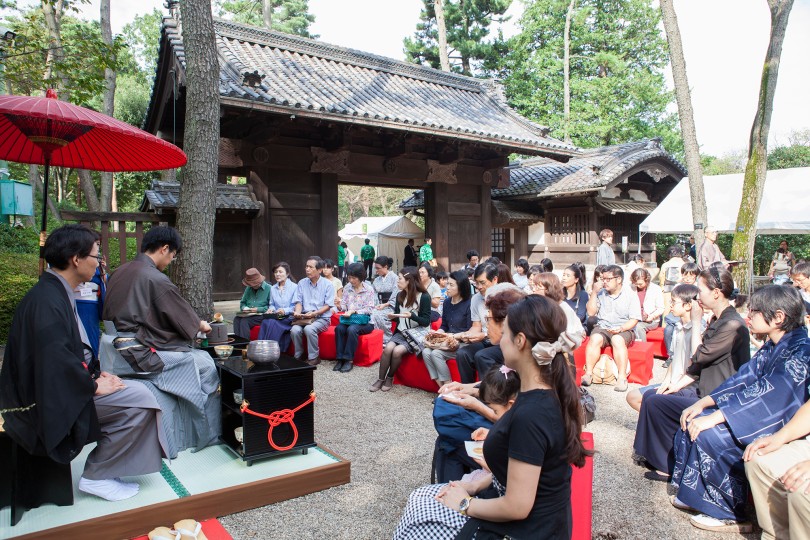
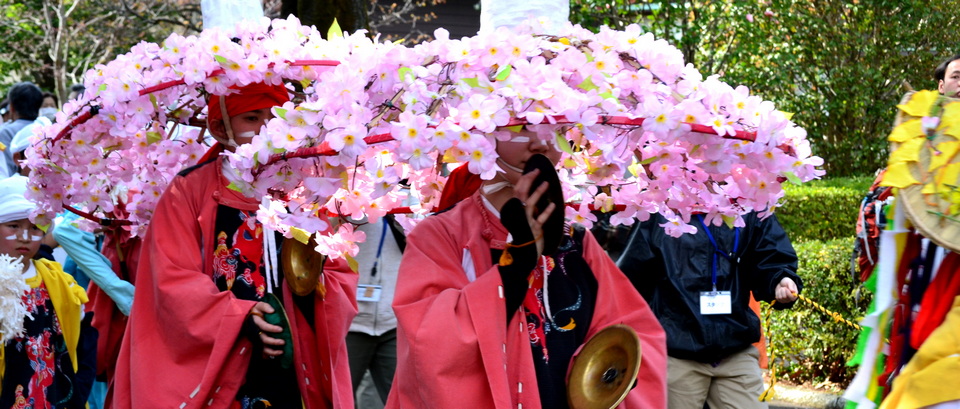
Open: on April – August: 9:30 AM – 5:30 PM; on October – March: 9:30 AM – 4:30 PM; Closed on every Monday and holidays.
Location: 3-7-1 Sakuracho, Koganei-shi, Tokyo (inside Koganei park)
Admission: ¥400 (for adults), ¥320 (for students from universities), free for students from primary schools and younger students.











